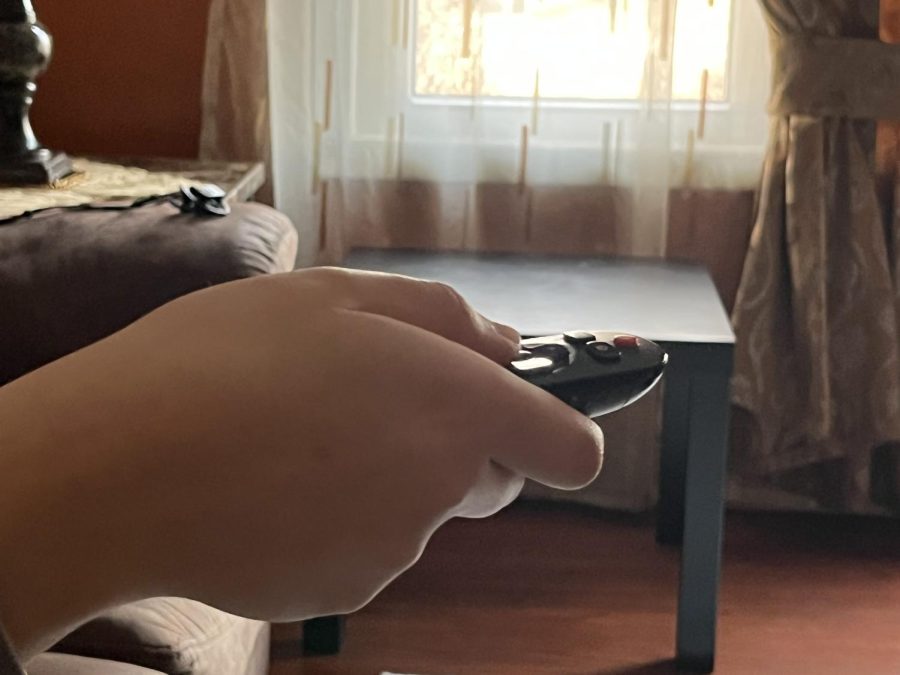NBC Needs Game-Changing Strategy To Win Back Viewership
March 7, 2022
To most, talking about people by the millions might sound like a staggeringly high number. However, when referring to the viewership of last month’s Winter Olympics, it’s just small peanuts. These dwindling numbers still have broadcasters at NBC scratching their heads weeks later, as they begin preparations for the 2024 Summer Olympics in Paris.
In past years, national pride and rooting on hometown favorites kept the Olympics as headline news–from people being excited for its return to people discussing results. However, recent trends have taken a downward turn. In fact, the 2022 Olympic viewership showed to be at the lowest it has ever been before. With an average of 11.4 million viewers, this makes a 26% viewership decrease from last year’s Summer Olympic games and a 40% decrease from the previous Winter Olympics in Sochi. What is the cause of this drop? Elkhart High School senior Angelina Lopez shares her thoughts. “ I think what caused this could be people’s dying interest in sports.” She continues, “As people spend more time online doing other things–like playing games and watching shows–sports could seem like an afterthought.” She may be right.
However, others seem to have a different view on this viewership decrease. “What I believe caused this viewership decrease is the pandemic,” asserts sophomore Jaya Johnson. Continuing, she adds, “The pandemic has been shown to have caused a shift in many people–both mentally and physically–so it’s not out of reach for it to change people’s interests.”
Advances in technology coupled with the pandemic both seem to be popular theories on viewership rating decreases, but there is another theory that people online seem to be talking about: politics. The 2022 Olympics were held in Beijing, and that seemed to upset some politically due to China’s stance on human rights and possible involvement with the COVID pandemic. As a result, it is believed that many would-be viewers simply boycotted watching the games as a sign of protest. Boycotting is a common strategy that has been practiced throughout the years, whether it be one individual or a group of people refusing to indulge in a service.
“The theory does seem plausible,” Lopez states. “I have seen many instances where people’s political options have affected what they buy and watch, so it doesn’t seem out of reach.” Johnson, however, doesn’t think this is the main cause. “The Olympics have been a staple for years now. I don’t believe that where they are set would affect its viewership.” However, looking back into Olympic history, one could site the 1936 Olympic boycott in Nazi Germany, the 1968 boycott over apartheid in South Africa, or even the 1980 and 1984 Cold War boycotts.
While the Olympic committee has never changed a location, broadcasters are left wondering if viewers will simply continue changing stations. “I think they should advertise more beforehand and really hype up the games,” says Lopez. NBC, who won the bid for viewing rights, is already struggling in that area, offering advertisers extra air time to pay make up for low viewership. This is on top of the $1.3 billion that NBC pays for the viewing rights every two years–at least up until 2036.
Clearly, this is a high-stakes game–and only time can tell what the viewership will turn out to be. Johnson is hopeful that this current downhill trend will cease and that the games return to their former glory. “I really do look forward to how things might change in terms of the Olympics,” Johnson states. “I for sure will be checking in future years to see the outcome.” Next up: Paris for the Summer 2024 Olympics. Then, it’s on to Milan for the 2026 Winter Olympics.








